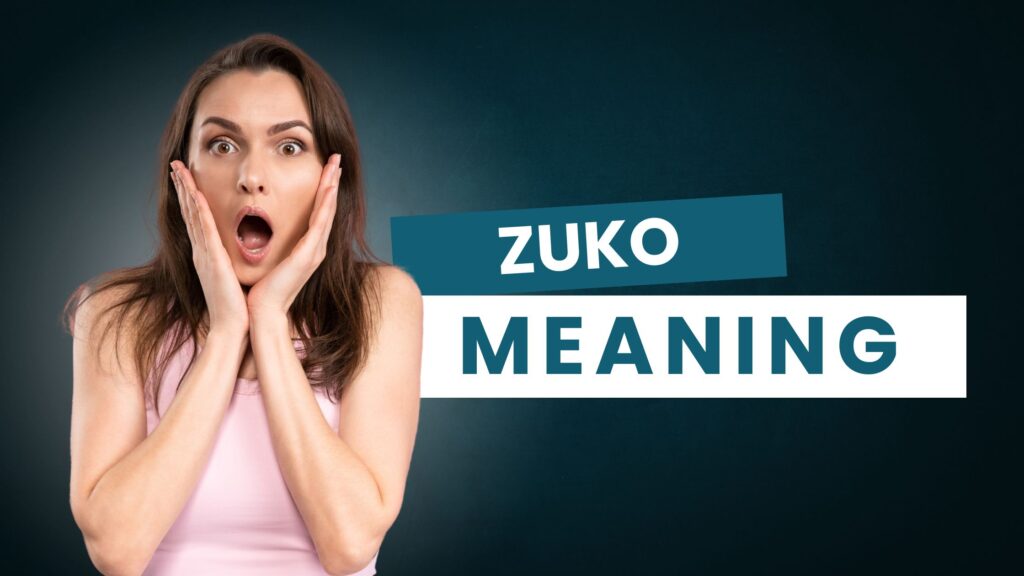The term hyperfixation is often used in conversations about mental focus, especially when describing intense and prolonged attention on a particular topic, hobby, or task. But what does “hyperfixation meaning” truly involve, and why is it trending so much across social media platforms?
Understanding Hyperfixation Meaning in Simple Terms
Hyperfixation meaning refers to a psychological state where someone becomes intensely focused on one subject, object, or activity for an extended period. This hyper-focus can bring joy, learning, and progress but may also lead to neglecting other daily responsibilities or relationships.
People with ADHD, autism spectrum disorder (ASD), or other neurodivergent conditions often experience hyperfixation. However, it’s not limited to clinical settings anyone can occasionally become hyperfocused on something they love, like a favorite TV series, a video game, or even a personal project.
Why Is Hyperfixation So Common Online?
In the digital age, constant exposure to content and interests can spark new hyperfixations frequently. For example, fans on TikTok or Reddit may hyperfixate on fandoms, characters, or even specific creators. Because content is so engaging and fast-paced, users can get locked into certain loops of behavior or interest.
Is Hyperfixation a Bad Thing?
Not necessarily. While hyperfixation meaning might sound concerning, it can be helpful too. Students may hyperfixate on a subject they love, leading to mastery. Artists can produce their best work when deeply focused. However, when hyperfixation leads to ignoring health, responsibilities, or social life, it may require self-awareness or intervention.
What Causes Hyperfixation?
Some common triggers include:
Emotional connection to a subject
Escapism during stress or anxiety
Personal interest that aligns with identity
Repetitive stimulation through media or tasks
Is It a Disorder?
Hyperfixation itself is not a disorder. It’s a symptom or behavior that can show up in people with neurodivergent traits. However, when hyperfixation interferes with quality of life, it may be a signal of underlying issues like ADHD or anxiety.
Hyperfixation in Everyday Life
You might not notice when you’re hyperfixating and for example, watching a whole season of a show without breaks or researching a hobby nonstop for days. This is common and not always harmful if balanced with other parts of life.
Examples of Hyperfixation
A student learning everything about dinosaurs
An artist drawing one character repeatedly
A gamer playing the same game for weeks
A cook experimenting with one cuisine obsessively
Hyperfixation Meaning in Different Communities
In online culture, hyperfixation is used playfully or as a self-description:
TikTok: “My new hyperfixation is this anime!”
Twitter/X: “I have a hyperfixation on space documentaries rn 😭”
Reddit: Used in niche communities like r/ADHD or r/autism to explain focus patterns
Tips to Manage Hyperfixation
Set time limits or alarms
Create task lists to balance other priorities
Share interests with friends or community groups
Reflect on why the subject resonates with you
When to Seek Help
If hyperfixation causes you to skip meals, ignore hygiene, or avoid social contact, it’s worth discussing with a therapist or mental health professional. They can help you understand whether it’s part of a larger pattern like ADHD or burnout.
Conclusion
The phrase “hyperfixation meaning” captures more than just focus it reflects how people experience deep passion, intense joy, and sometimes an overwhelming distraction. In 2025, it’s more visible than ever thanks to social platforms, mental health awareness, and fandom culture. Understanding and respecting hyperfixation whether your own or someone else’s can help you approach it with empathy and balance.


